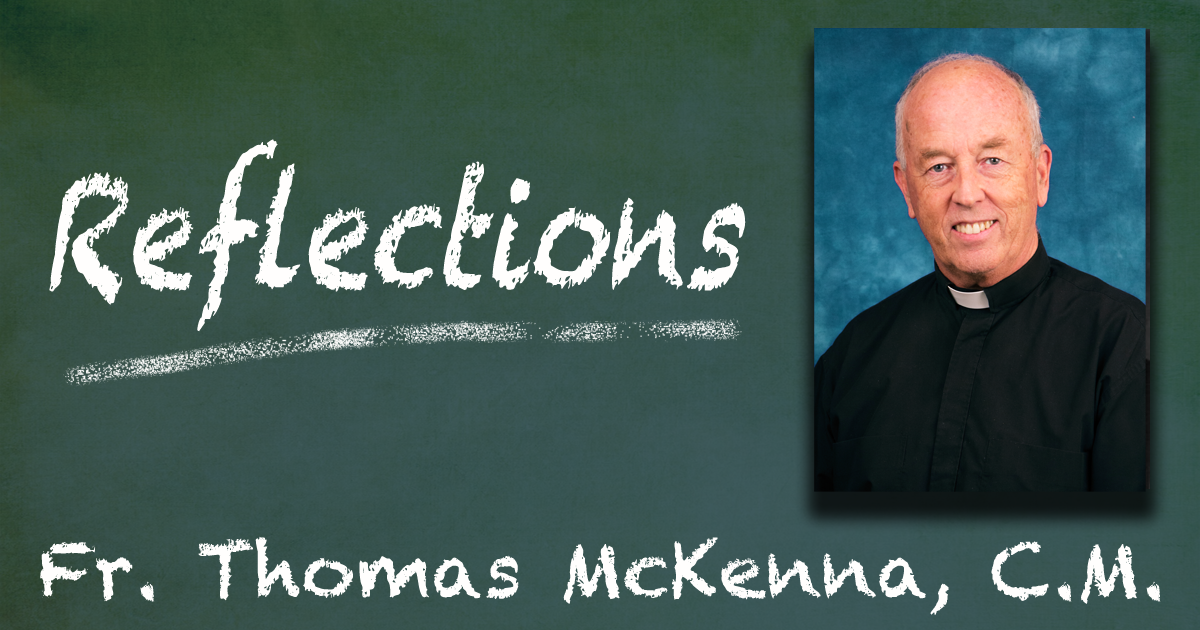
The Right Focus (Matthew 6)
I came across an interview with a woman violinist who had just completed a concert and gotten rave reviews for it. The interviewer was asking her how she got to be so good, how she developed this great gift of letting the beauty of the music and the genius of the composer come through her performances. She mentioned all her technical training, but moved on to something she thought even more important. And that was her focus on who it was for whom she was performing.
“Early on I was mostly playing for my listener, my teachers, my peers, my audiences. What I wanted most was to come off well in their eyes and I lived for their affirmation and applause. Gradually, things started to change and I found myself playing for a tougher audience, myself. That is, my own ideas of what music should be, the standards I had read in the books, the measures held up by the experts and critics which I had internalized and pushed myself to meet. And my playing improved, but was never much more than average.
But then somehow, my focus on whom I was playing for shifted again. And it was to the music itself. I started to pay more attention to what the music was saying, where it was going on its own, where it was leading me. I tried to think of myself as a kind of channel, a conduit, a resonating chamber for the beauty that was there in that music long before I got to it. And that’s when things came together.”
I use her story as a way to hear Jesus’ potent lessons in Matthew on religious practices (almsgiving, fasting, and praying). And that’s because He’s making much the same point. In my doing these practices, where is my focus? Who am I doing them for? Who am I trying to listen to most when I carry them out?
You can hear the different wrong answers Jesus lists. “When you give alms, don’t blow a trumpet so everyone standing around can hear that you just dropped in the money. When you pray, don’t pray so ostentatiously so that everyone passing by on the street corner can hear your incantations. When you fast, don’t go around looking gaunt and showing off how much weight you lost.” And so the first errant motivation: the applauding audience around you.
But there’s the second off-base focus, my own ego. Like a runner setting a certain distance to cover on a weekend, I set these standards in my mind for what true praying and fasting looks like. And I feel bad when I don’t hit them; e.g., so many minutes a day, exact fidelity to a certain method, and the even more subtle one of having to be 100% selfless and other-interested as I do them. Not that standards and markers are bad, but sometimes in using them my focus becomes more the internal satisfaction I get from hitting these marks than from the way they please God. And so the Pharisee who righteously holds up his own prayer, fasting and almsgiving accomplishments as tickets of sorts which he holds up to God to redeem.
Where is Jesus’ focus? It’s on His Father — better, on His Father’s eyes. “And your Father who sees in secret will repay you.”
And so for us His followers. The primary direction of these and any other religious exercises is away from myself and toward God’s Self. To say the same thing in question form: when I “do my religious practices,” is my eye fixed on God – or on someone/thing else, like the observing neighbor or my self-constructed ideal?
Thus, Jesus’ formula. “When you do these good things, as much as you can do them for God’s eyes alone. For instance, do them in the secret of your bedroom, or be like the widow dropping her mite into the treasury when no one is looking, or don’t neglect your appearance when fasting.”
And doesn’t Vincent keep echoing that prescription with his constant calls to gospel simplicity.
One of the consoling thoughts The Lord Jesus conveys here is that I don’t have to be flawlessly altruistic when I do these things, not having even the slightest thought of getting anything back. Though in other places it might seem that Jesus is asking for this, He says something different here. In fact there is a reward, “And your Father who sees what is hidden and in secret will repay you.”
Praise the ever benevolent Lord of abounding kindness…







0 Comments